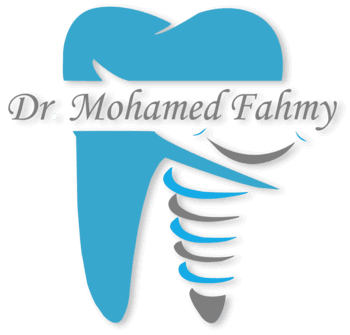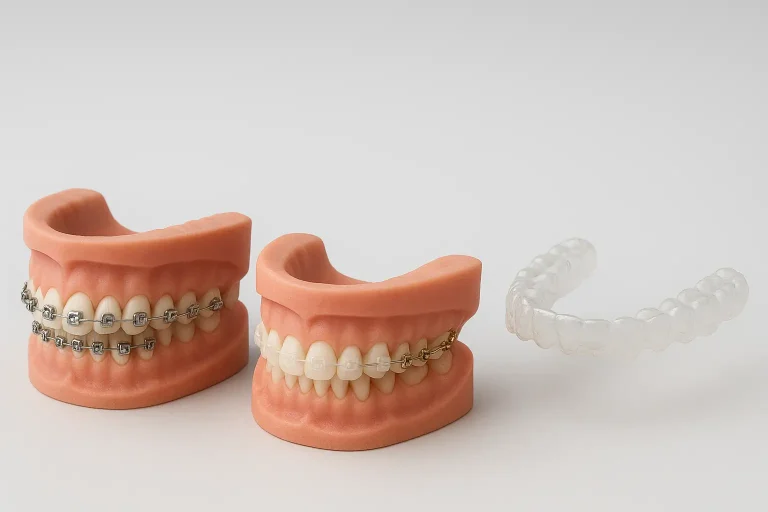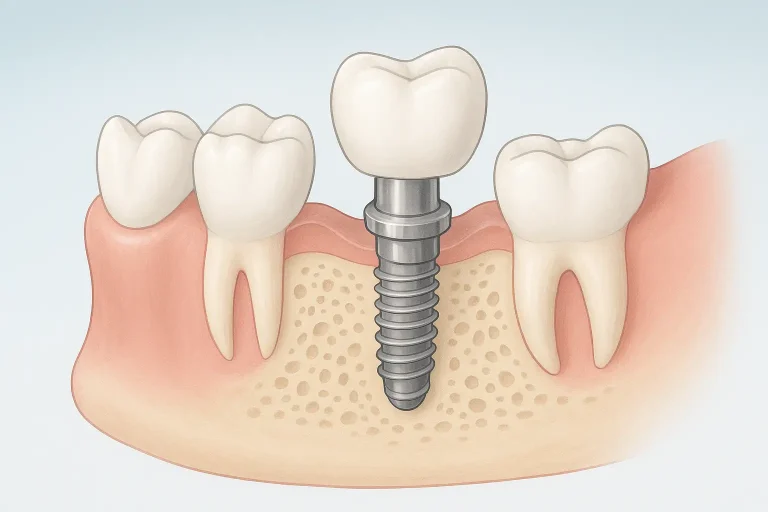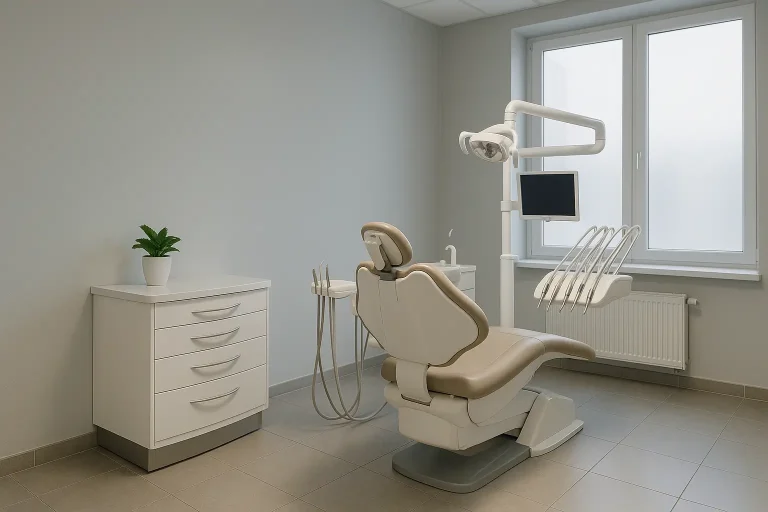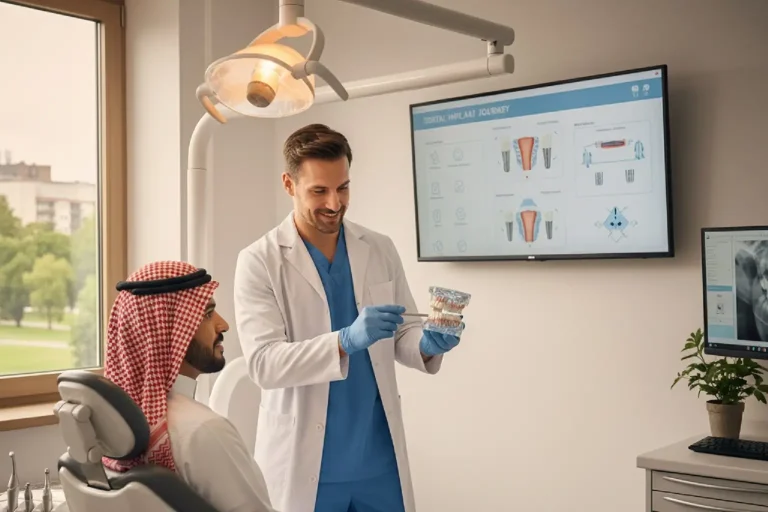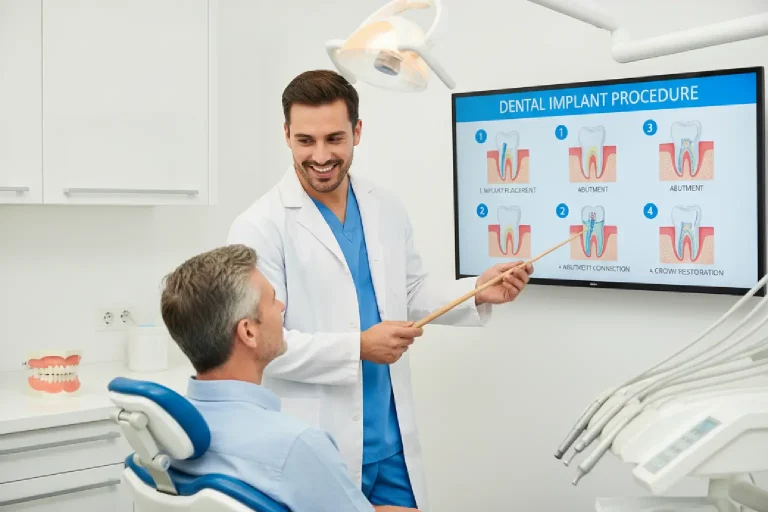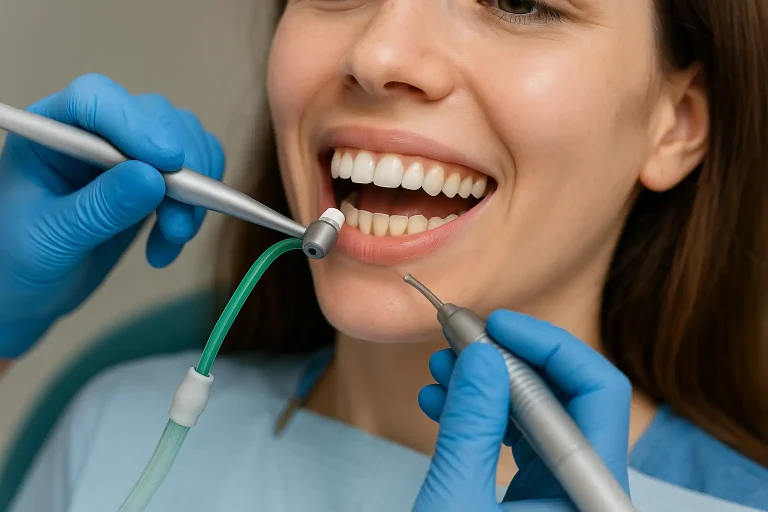Book Appointment Now
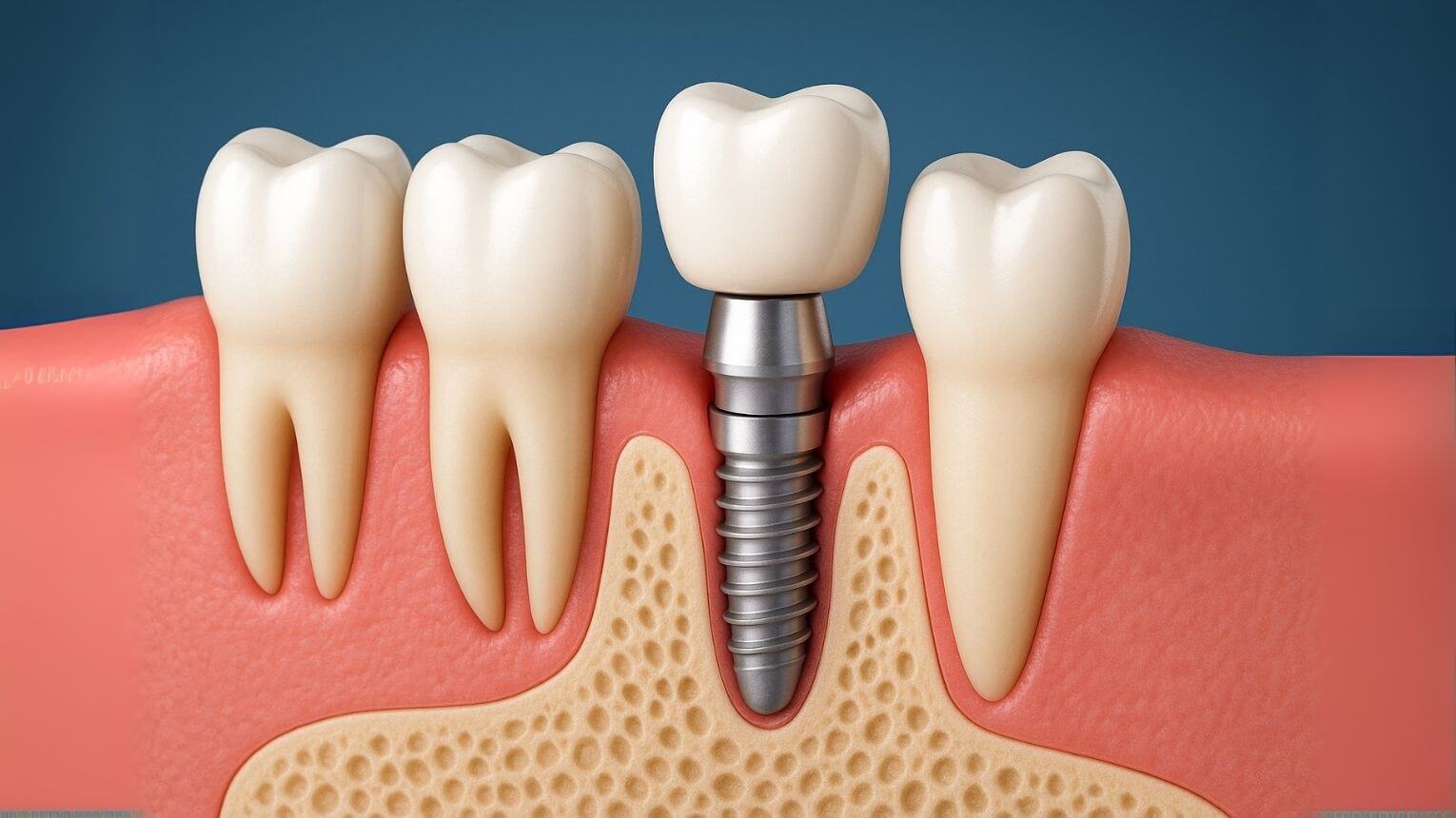
When Can I Eat After Getting Dental Implants? Everything You Need to Know
Introduction
Dental implants are no longer just a cosmetic option—they’re now a definitive solution for missing teeth, restoring normal oral function and unbeatable confidence when speaking or smiling. Although it’s a precise surgical procedure, the post-operative phase—especially your diet—is equally crucial.
What you eat in the first few days after your implant can determine how quickly you heal, and it directly affects the stability of the implant and the long-term success of the procedure. Every bite counts, and every sip can either support recovery—or hinder it.
In this article, we’ll guide you step by step through your post-implant journey:
- When can you eat?
- What can you eat?
- And what should be strictly avoided?
How Soon Can I Eat After Getting Dental Implants?
1. The First Hour After Surgery
During this critical hour, absolute stillness is required.
Eating or drinking anything during the first hour after the dental implant procedure is strictly prohibited. Why? To maintain the blood clot at the implant site.
Even drinking water could disrupt clotting, increase bleeding, and delay healing.
2. The First Day (24 Hours Post-Surgery)
Welcome to the world of cold liquids. On the first day, your diet should be limited to cold fluids only.
Recommended options:
- Cold water
- Diluted natural juices (non-citrus)
- Cold soups
- Milk
- Ice cream (without nuts or hard pieces)
Avoid all solid and hot foods. Heat can irritate the gum tissue or reopen the wound, increasing pain and slowing down the healing process.
3. From Day Two to the End of Week One
After the first day, you can move on to slightly more comfortable options: soft and mashed foods.
But remember: strong chewing is still off-limits.
Good options include:
- Yogurt
- Mashed potatoes
- Soft white cheese or cottage cheese
- Boiled eggs
- Well-cooked pasta
- Steamed or mashed vegetables
Avoid any hard pieces in your food and do not chew on the side where the implant was placed. The goal is to minimize any mechanical pressure on the implant site.
4. From Week Two Onward
Things are starting to return to normal… almost. You can begin to slowly reintroduce some soft solids, but with caution.
You may try:
- Soft bread
- Well-cooked rice
- Minced chicken or ground meat
- Soft fruits like bananas
Still postponed until further notice:
- Nuts
- Popcorn
- Hard vegetables
- Crunchy or sticky foods
Golden rule: Don’t chew directly on the implant site until your dentist confirms its stability during your follow-up visits.
Foods and Drinks to Completely Avoid
During the First 24 Hours
This is the most sensitive and critical period. A simple dietary mistake can interfere with the healing process. Here’s a list of “absolute no-go” items for the first 24 hours:
Hot Foods and Drinks:
Such as tea, coffee, and hot soups.
Heat can dissolve the blood clot at the implant site, leading to bleeding or delayed healing.
Acidic Foods:
Like tomatoes, orange juice, and lemon.
These acids irritate the gums and can cause a burning sensation or pain in the surgical area.
During the Recovery Period (Week 1 and 2)
Once you’re past the first 24 hours, cautious nutrition begins. However, some foods remain off-limits until full recovery:
Hard and Crunchy Foods:
Nuts, popcorn, hard toast, and dry biscuits.
These can injure the gums or exert direct pressure on the implant, which is risky during the healing phase.
Sticky Foods:
Like gum, caramel, or thick honey.
These can stick to the surgical site and increase the risk of infection or irritation.
Carbonated Drinks:
They disturb the pH balance in your mouth and slow down tissue regeneration.
Smoking:
The biggest threat to implant success!
Nicotine restricts blood flow to the gums, potentially leading to implant failure or severely delayed healing.
Tips for the Post-Implant Phase
When Can I Start Consuming Liquids?
You can begin consuming cold liquids at least two hours after the procedure. It’s best to drink using a spoon or cup instead of a straw (which can create suction that negatively affects the implant).
The Importance of Rinsing After Meals
Even after liquid meals, gently rinse your mouth with lukewarm water or a mild salt solution.
This helps prevent bacterial buildup and keeps the implant site clean and safe from infection.
Avoid vigorous gargling!
Follow Medication Instructions Precisely
Whether antibiotics or painkillers, follow your dentist’s prescription carefully.
Do not skip or exceed doses.
These medications form the first line of defense against infection and pain, and they help stabilize the implant.
Need consultation or treatment? Explore our dental services or book your appointment now via website, WhatsApp, or phone. (+20)1096363526
Signs of Normal Healing vs. When to Call the Doctor
Normal Signs:
- Mild swelling for the first 2–3 days
- Light bleeding in the first 24 hours
- Moderate pain manageable with medication
When to Seek Medical Help Immediately:
- Bleeding that persists after the first day
- Increasing pain or pain unresponsive to medication
- Severe swelling, pus, or foul odor in the mouth
- High fever
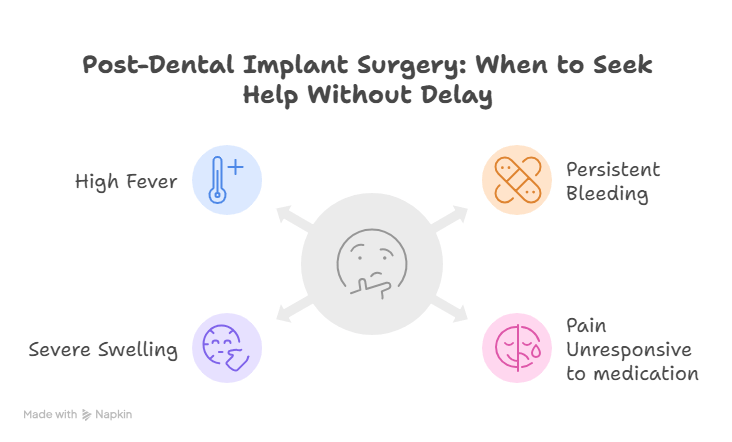
Frequently Asked Questions (FAQ)
1. Can I drink coffee after the implant?
Avoid coffee during the first 24–48 hours due to its heat.
After that, moderate intake at a lukewarm temperature is fine—just be careful not to disturb the implant area.
2. Should I chew on the non-implant side?
Yes, always use the opposite side of the implant for chewing during the first two weeks to reduce pressure and promote proper healing.
3. When can I return to my normal diet?
Usually, you can resume a normal diet after 2–3 weeks if no complications arise and based on your dentist’s evaluation.
In some cases, it might take longer depending on the individual condition and implant location.
4. Can I eat immediately after the dental implant?
No. You should wait at least two hours after the surgery and avoid any eating or drinking during the first hour to protect the implant site.
5. What are the best foods during the first week?
Soft and mashed foods like yogurt, mashed potatoes, boiled eggs, and soft pasta.
Avoid chewing directly on the implant site.
6. Can I use a straw for drinking?
No. Avoid using a straw in the first few days, as it can create negative pressure that disrupts clotting and affects the implant.
7. When can I return to eating hard foods?
Typically after two weeks, gradually and only after confirming that the site has healed. Always consult your dentist first.
8. Does smoking affect implant success?
Yes. Smoking reduces blood flow and delays gum healing, significantly increasing the chances of implant failure.
Conclusion
Your post-implant diet isn’t just a luxury—it’s a medical necessity that plays a direct role in the success of the procedure.
Following dietary guidelines leads to faster healing, fewer complications, and long-term implant stability.
Planning to Get a Dental Implant?
Implant success doesn’t rely on surgery alone—it starts with your awareness after the procedure.
Follow your dentist’s dietary and care instructions and attend your follow-up appointments for the best results.
Got questions?
Feel free to reach out for a personalized consultation that fits your case.
Call us or contact us via WhatsApp:
Dr. Mohamed Fahmy Clinic
Address: 25XX+J7G beside Kadoura, 74 El Tahrir St., Dokki, Giza Governorate 12651
For appointments and inquiries: 01096363526
WhatsApp: 01096363526

